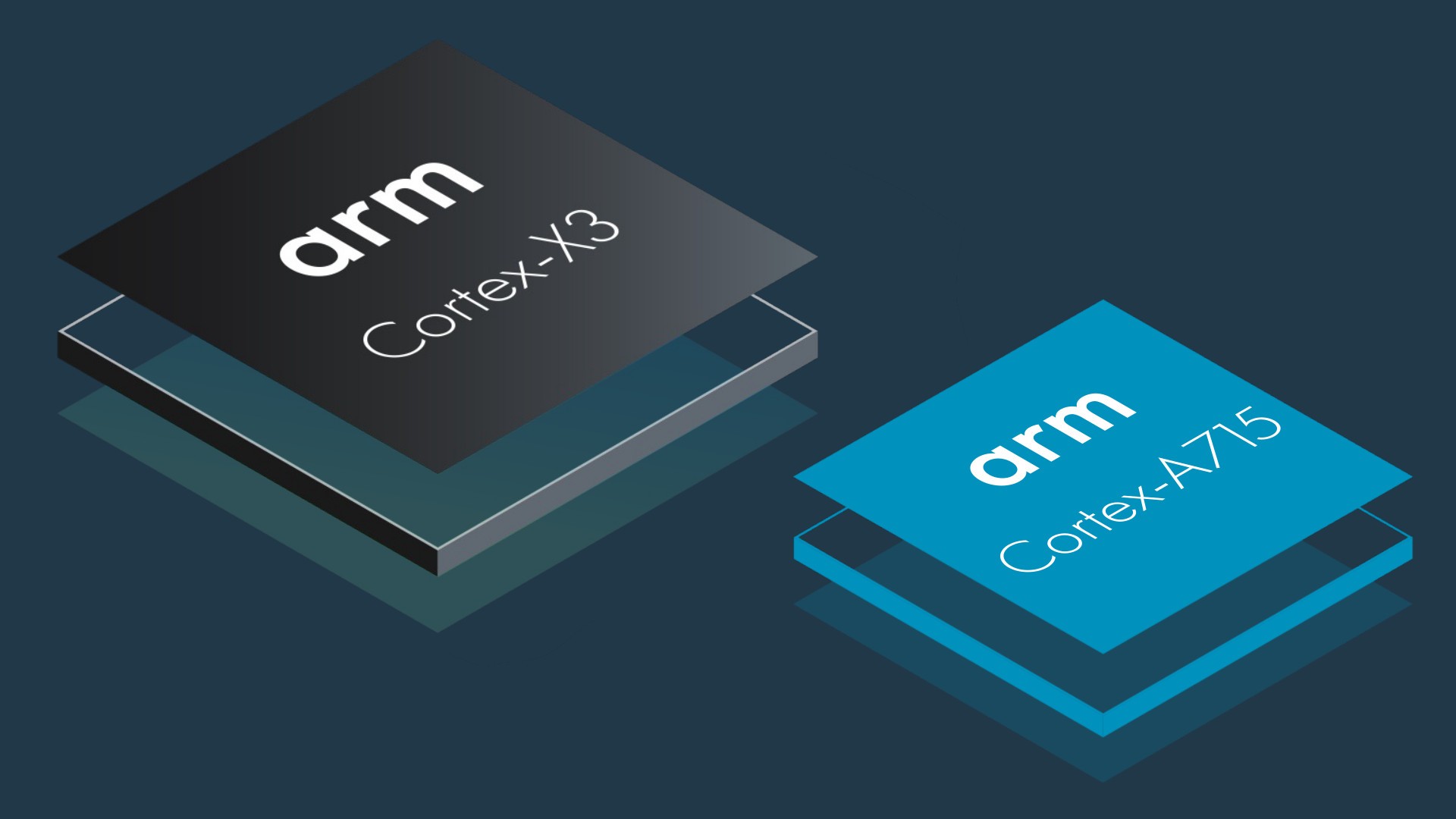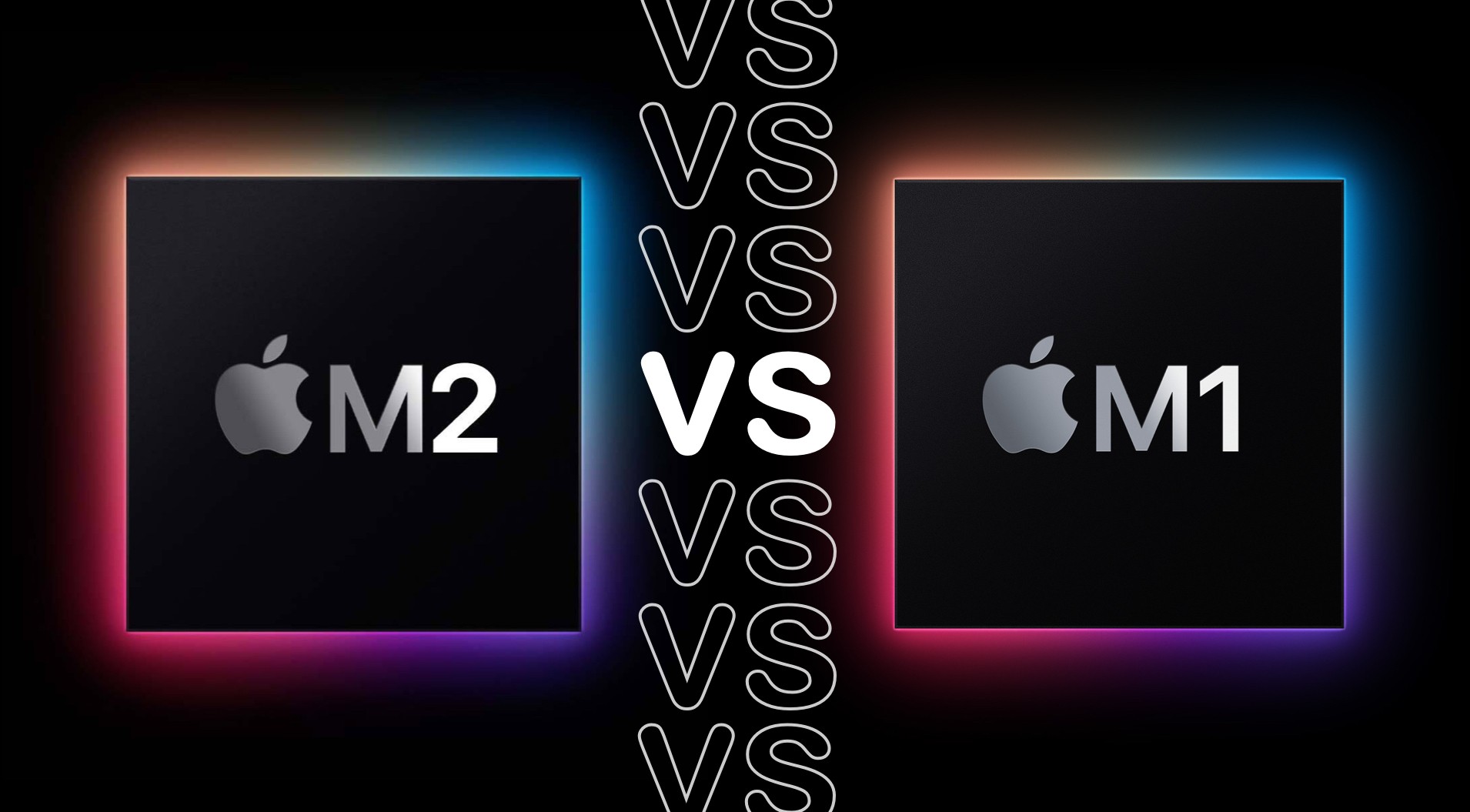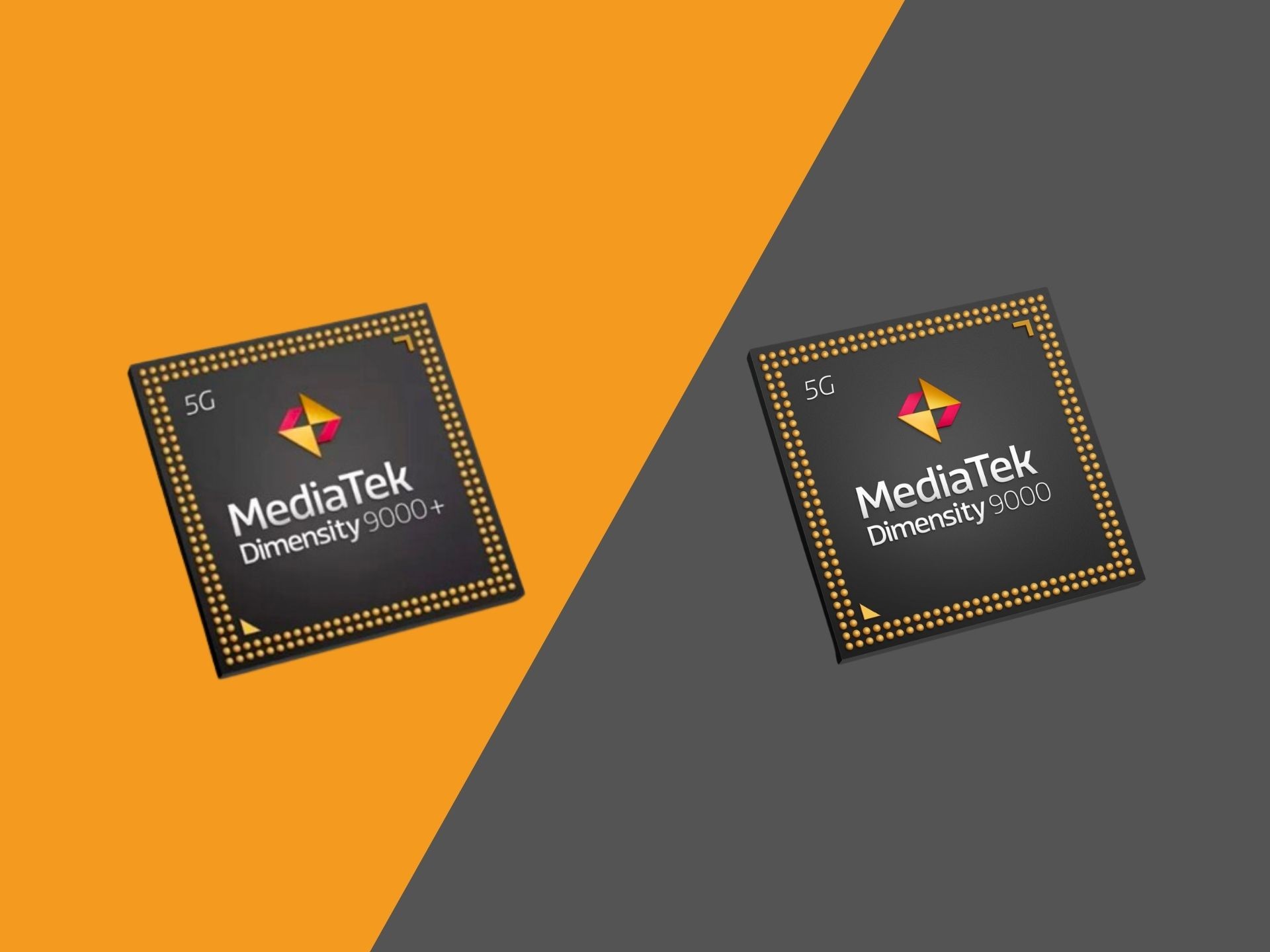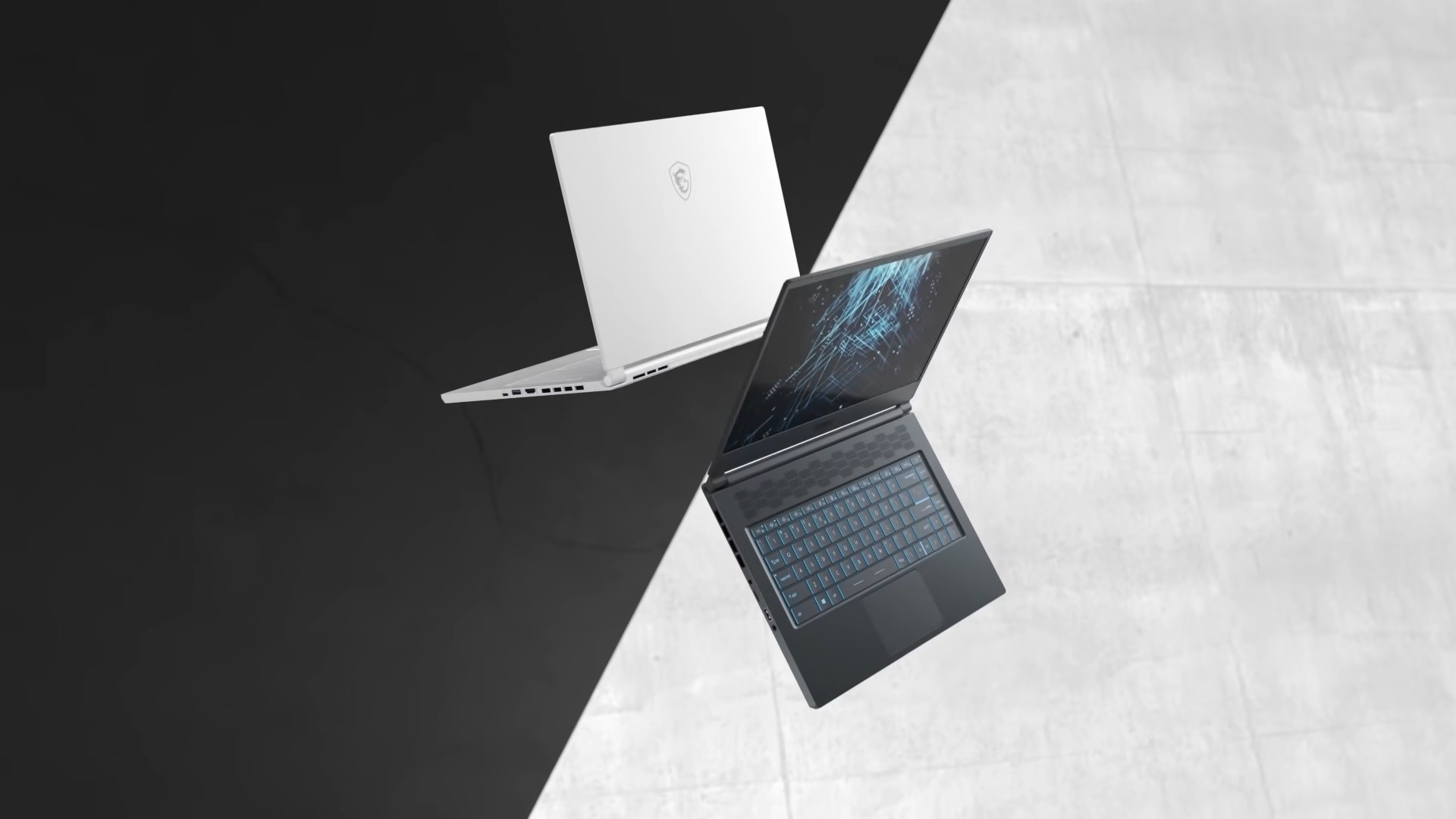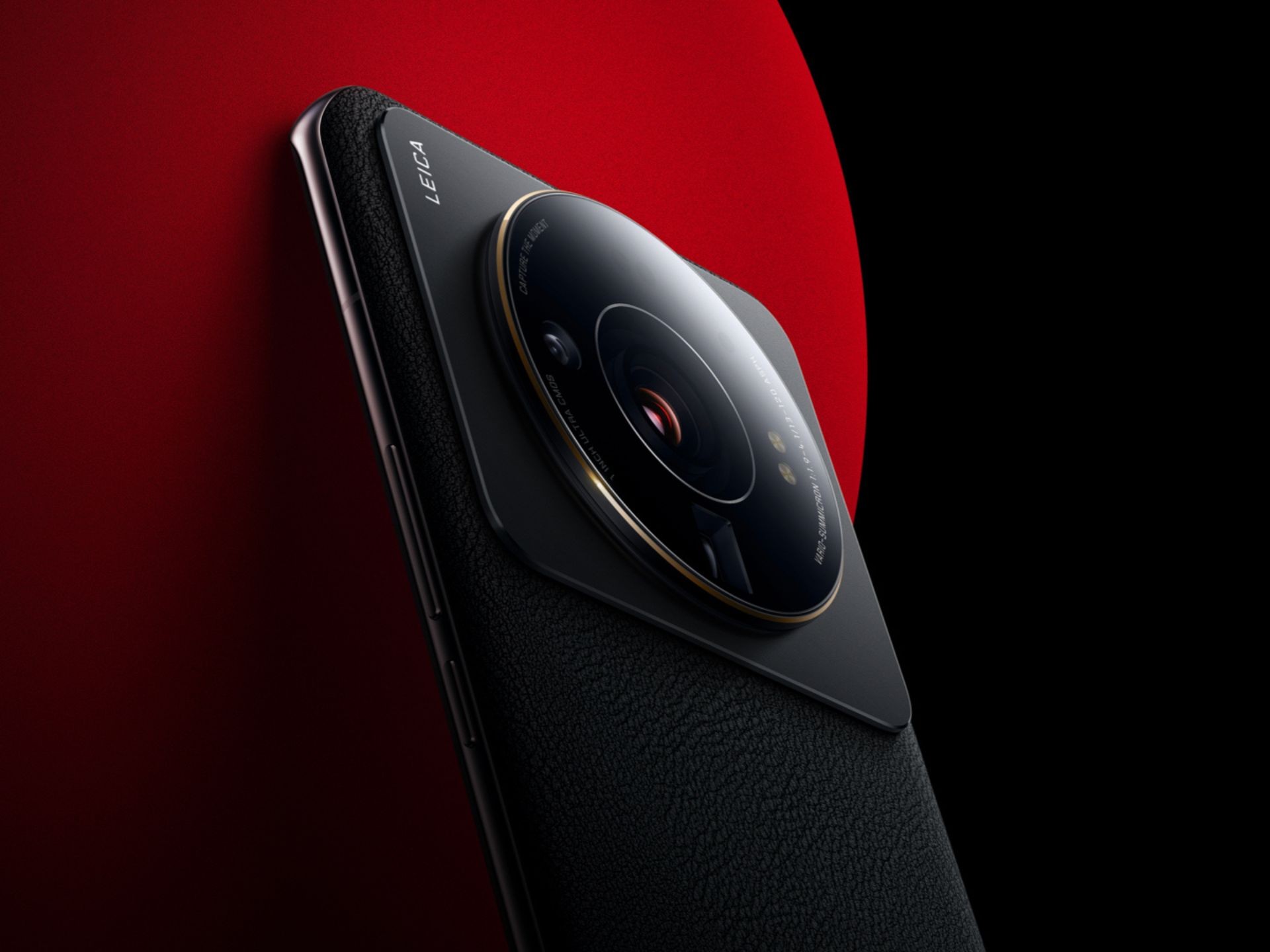Samsung UFS 4.0 promises a fast future: here's why you should care about it
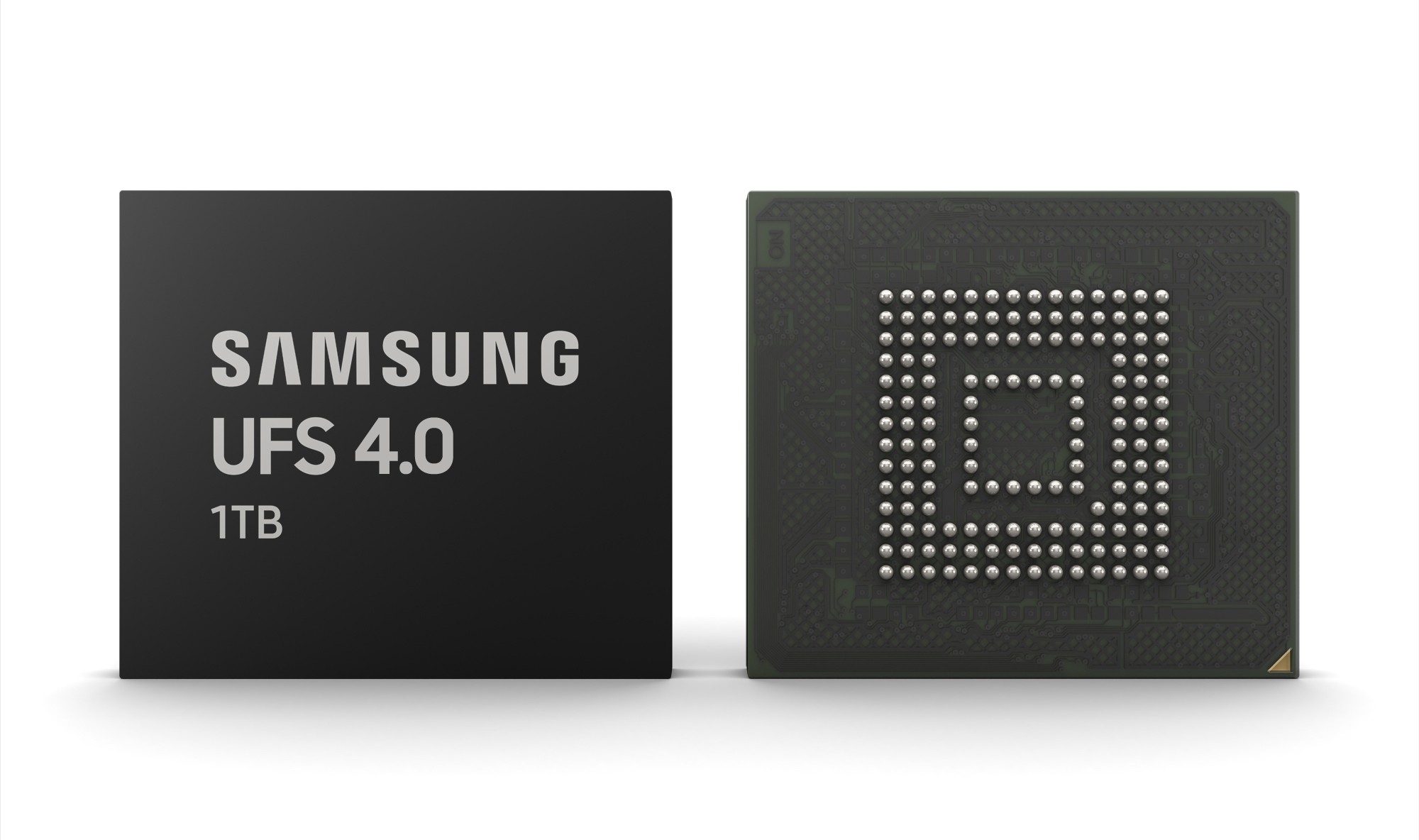
When you're out in the market looking for a new phone, you probably look only at the storage amount (the number of GBs) your desired phone comes with. The type of storage it comes with — UFS, NVMe, or eMMC — is often ignored. And rightly so, most of the new smartphones, including the Apple iPhone 13, the Samsung Galaxy S22, and the Google Pixel 6, come with fast internal storage that you don't need to worry about the storage type — it certainly should suffice your usage.
However, in a lot of cases (especially when you're tight on a budget), the type of storage matters a lot. Thankfully, most of the smartphones sold today, especially Android phones, come with UFS storage. Universal Flash Storage, or UFS, is the standard of storage that has been specifically developed for mobile phones and digital cameras. It's much more efficient than eMMC and offers excellent read and write speeds. Think of it as an SSD for your smartphone.
Samsung has now unveiled the new generation of UFS storage, called UFS 4.0, which touts major improvement over the previous-generation UFS 3.1. The UFS 3.1 standard is already a solid performer, but Samsung says that the UFS 4.0 will offer up to twice the performance. And it's not only about the increase in read-write speeds, it's much more than that. But, before we go ahead and explain why you should be excited about Samsung's newly announced UFS 4.0 storage standard, take a look at this simple table explaining the key differences between UFS 4.0 and the last-generation UFS 3.1:
| Category | UFS 4.0 | UFS 3.1 |
|---|---|---|
| Data Transfer Speed | Up to 23.2 Gbps per lane | Up to 11.6 Gbps per lane |
| Sequential Read-Write Speeds | 4,200MB/s, 2,800MB/s | 2100MB/s, 1,200MB/s |
| Power Efficiency | 6.0MB/s per mA | 3.24MB/s per mA |
| Maximum Dimension | 11 x 13 x 1mm | 11.5 x 13 x 1.72 mm |
Why UFS 4.0 could prove to be a big deal
Increased bandwidth for 5G smartphones, AR, and VR devices
UFS 4.0 comes with a data transfer speed of up to 23.2Gbps per lane. This is exactly double the speed UFS 3.1 offered. Samsung says that the bandwidth UFS 4.0 offers is "perfect" for 5G, AR, VR, and future automotive devices. Even though we won't be able to (fully) utilize the 23.2Gbps data transfer speed that UFS 4.0 offers, we're moving towards a 5G-connected world wherein all of our devices will be able to communicate with each other.

This will require a huge amount of data to be processed, and Samsung believes that UFS 4.0 will make this transition smoother thanks to its improved read and write speeds. The company says that this has been possible thanks to the new 7th-generation V-NAND and a proprietary controller under the hood. The standard offers a sequential read speed of up to 4,200MB/s and a sequential write speed of up to 2,800MB/s, allowing the data to be processed in a flash.
Better battery life
When reading this, the first thing that comes to mind is how can a new type of storage improve battery life? Isn't it related to data transfer only? Yes, one of the key USPs of UFS 4.0 is its improved data transfer speeds. But in addition to this, Samsung says that the UFS 4.0 brings the sequential read speed of 6.0MB/s per mA. This is a 46% improvement over the last generation. Since the storage chip would use less power, you can expect better battery life out of your device.
Space for more components
Samsung says the UFS 4.0 comes in a compact package with a maximum dimension of 11mm x 13mm x 1mm. This means that the area required by a UFS 4.0 storage chip is almost one-third the area required by a UFS 3.1 chip. Manufacturers will be able to use this saved space for a lot of other components, such as a bigger battery, an extra camera module, a better cooling solution, or more sensors, as per their choice.

Samsung says the UFS 4.0 storage chips will go into mass production in Q3, 2022. The company has received approval from the board of JEDEC, an organization that sets standards for the microelectronics industry, and is hopeful of shipping devices with the improved storage solution by the end of this year. This means that the company's own Samsung Galaxy Z Fold 4 and Galaxy Z Flip 4 could be one of the first devices to use UFS 4.0 storage chips.
What storage type does your smartphone come with? Do you believe your smartphone offers usable read-write speeds, or do you think it can improve on it? Let us know in the comments section below!

